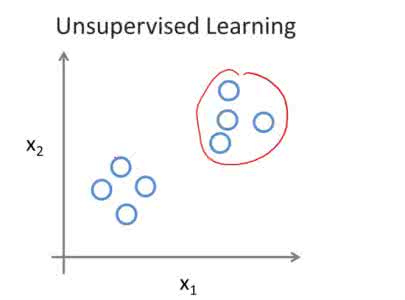Unsupervised learning methods have recently shown their competitiveness against supervised training. Typically, these methods use a single objective to train the entire network. But one distinct advantage of unsupervised over supervised learning is that the former possesses more variety and freedom in designing the objective. In this work, we explore new dimensions of unsupervised learning by proposing the Progressive Stage-wise Learning (PSL) framework. For a given unsupervised task, we design multilevel tasks and define different learning stages for the deep network. Early learning stages are forced to focus on lowlevel tasks while late stages are guided to extract deeper information through harder tasks. We discover that by progressive stage-wise learning, unsupervised feature representation can be effectively enhanced. Our extensive experiments show that PSL consistently improves results for the leading unsupervised learning methods.
翻译:不受监督的学习方法最近表现出了在监督培训方面的竞争力。 这些方法通常使用单一的目标来培训整个网络。 但是不受监督的学习的一个明显好处是前者在设计目标时拥有更多的多样性和自由。 在这项工作中,我们通过提出渐进阶段学习框架来探索不受监督的学习的新层面。 对于一项没有监督的任务,我们设计了多层次的任务,并为深层次的网络界定了不同的学习阶段。早期学习阶段被迫侧重于低层次的任务,而后阶段则被引导通过更艰巨的任务获取更深的信息。我们发现,通过渐进阶段学习,不受监督的特征代表可以有效地得到加强。我们的广泛实验表明,PSL不断改进领先的不受监督的学习方法的成果。





